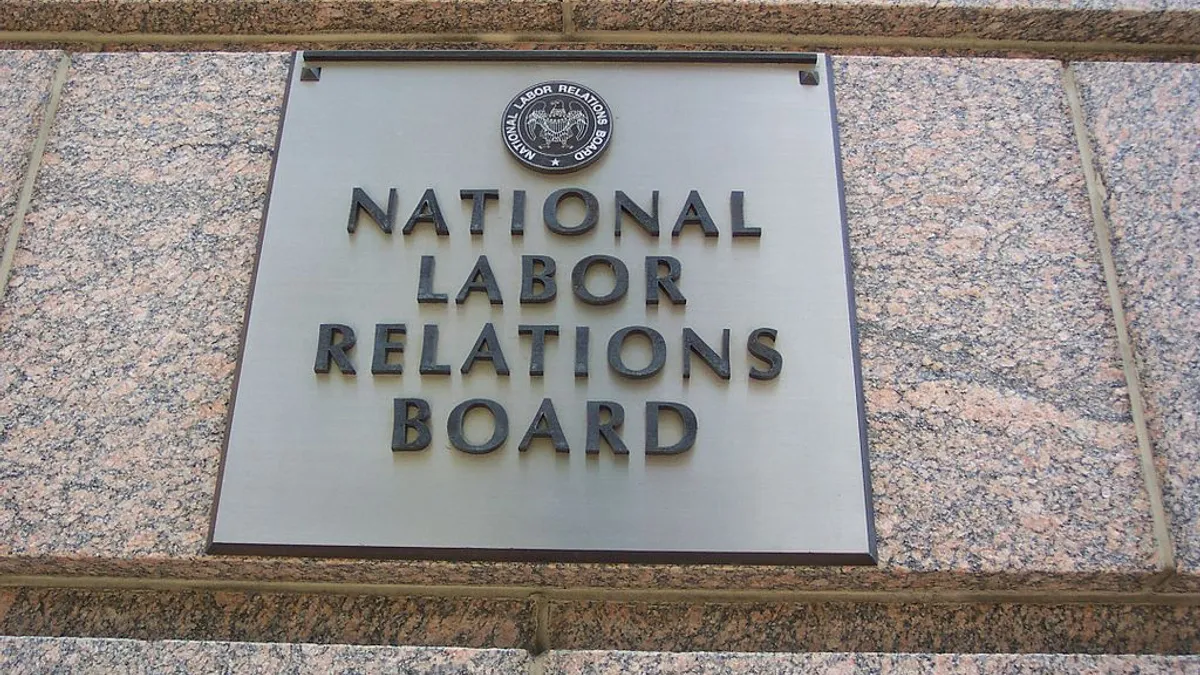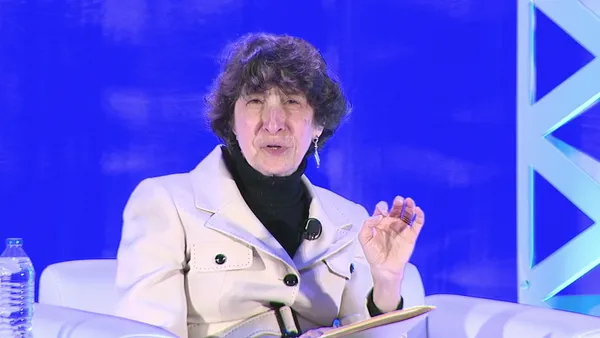Dive Brief:
- A Google employee who complained on an internal social networking platform about the company's diversity policies was engaging in activity protected by the National Labor Relations Act (NLRA), the National Labor Relations Board's Office of the General Counsel concluded in an advice memorandum released Feb. 14. Specifically, the employee's comments "sought clarification from management about workplace rules, and protested the treatment of employees who hold unpopular viewpoints regarding the [e]mployer’s workplace diversity initiatives," the office said.
- Although some of the comments were "somewhat insensitive towards women and minorities in light of the conversation’s context," said the NLRB, "no employer would reasonably believe that permitting such comments could lead to a hostile work environment."
- The office said Google violated the NLRA by issuing the employee a final written warning for the postings, and that Google's workplace rules were "unlawfully overbroad." It said "a nationwide notice posting to remedy the violations is appropriate."
Dive Insight:
The type of communication NLRB described qualifies as concerted activity protected by the NLRA, said the agency, unless "the conduct significantly disrupts work processes, constitutes racial or sexual discrimination or harassment, or creates a hostile work environment." And, as the NLRB noted in this case, this right extends even to comments that may be considered insensitive to protected groups.
In a similar case involving Google, however, the NLRB reached the opposite conclusion: Another employee who complained about Google's diversity policies was found to have engaged in both protected and unprotected conduct, and Google was deemed to have fired him solely for the unprotected conduct. In that case, the employee's comments — which included arguments about biological differences between men and women, including women being prone to "neuroticism" — crossed over into violating Google's harassment and discrimination policies.
Importantly, NLRA concerted activity protections apply even in non-union workplaces. For example, employers have found themselves in hot water after trying to limit or prohibit employee conversations about pay and benefits. These conversations are also protected when they happen online rather than face-to-face.
Clearly, it can be difficult for companies to strike the proper balance between allowing employee expression protected by the NLRA and ensuring hostile or discriminatory comments don't go unchallenged. When in doubt, employers may wish to consult with counsel as to the best way to proceed in a given situation.














